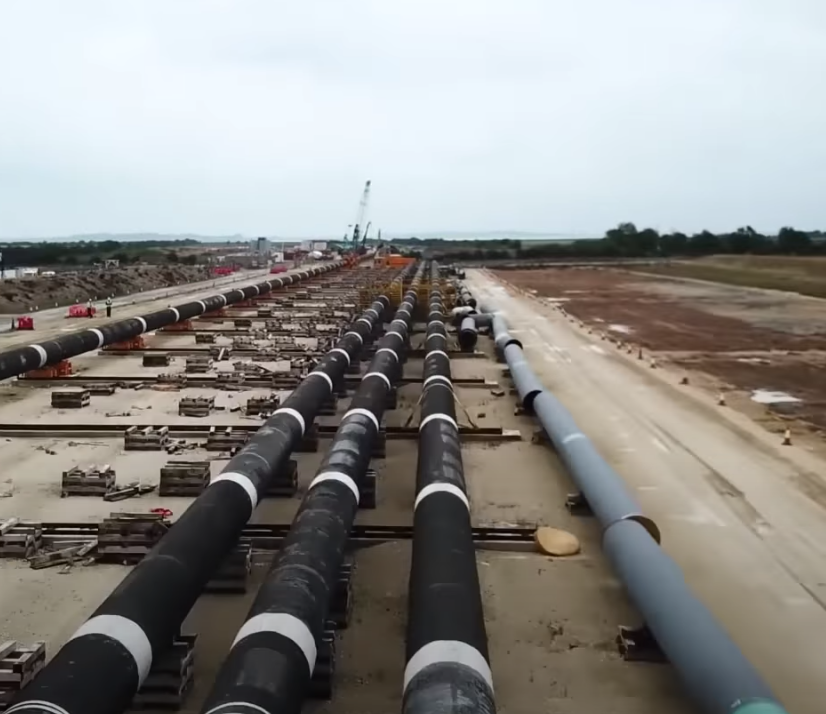It’s been reported that we could be facing power cuts and fuel rationing come the winter. The government are reportedly drawing up plans to ration electricity if supply issues deteriorate. These potential problems have arisen due to the continuing war in Ukraine and the possibility that Russia could cut off or further reduce gas supplies to the EU.

Limitations on the industrial use of gas mean gas-powered power stations may not be able to produce enough electricity to keep up with demand. This could impact 6 million UK homes, possibly leading to rations during peak usage times, which are usually in the morning and evening.
While the points made above are only possible future scenarios, it does highlight the importance of reducing reliance on fossil fuels and looking toward renewable energy. The UK does have a comprehensive energy system, and unlike Europe, we are not dependent on Russian energy imports.
UK Renewable Energy:
Renewable energies make up more than 20% of the UK’s electricity, although this figure varies somewhat depending on what you read and where. There are a number of sources we use in the UK.
Wind Power – Both onshore and offshore wind farms are used in the UK. We have favourable conditions to generate electricity via wind. The UK has invested a great deal of money in offshore wind and has installed as much capacity as the rest of the world put together.
Bioenergy – Biodegradable waste, food waste, and animal manure can all be used as bioenergy. Biomass can be burnt in thermal power and heat generation. Elements of the UK energy system, i.e. businesses must deliver negative emissions. This means the removal of more carbon from the atmosphere than what is produced. Biomass production, especially when combined with Carbon Capture and Storage, is a very good way to help achieve Net-Zero.
The Difference Between Bioenergy and Fossil Fuels
Fossil fuels and biomass are related as they are both created from organic matter. However, fossil fuels are not renewable and are becoming quickly depleted. Furthermore, the cost of finding and then extracting fossil fuel is labour intensive and very expensive compared to biomass, which is very cheap in comparison. The cost of sourcing fuel is cut out totally if you are directly managing a renewable energy source, such as wood from a specially managed forest.
Biomass takes carbon out of the atmosphere while it grows and returns it when it is burned. When managed correctly on a sustainable basis, this maintains a closed carbon cycle, with no net increase in atmospheric CO2 levels.
Hydroelectricity – This includes wave and marine. While this is in the relatively early stages, using the flow of water to generate electricity is a brilliant way to lower emissions.
Solar – While we are not the sunniest country in the world, strives are being made by harnessing solar energy. Solar capacity in the UK has increased from almost 5.5MW in 2014 to 13.3MW in June 2019. (MW means one million watts).








